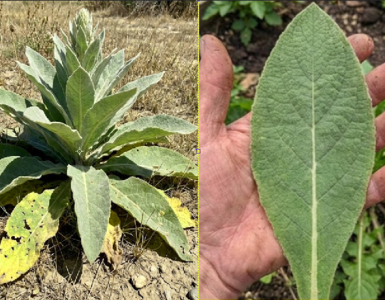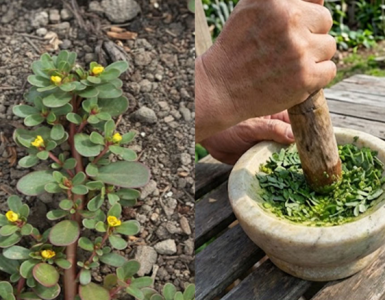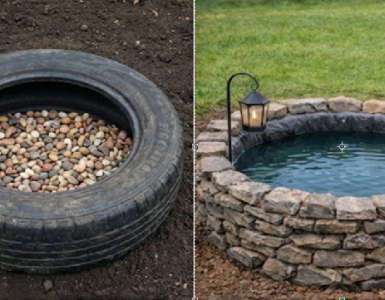Morel mushrooms (Morchella) are among the most sought-after wild mushrooms due to their distinctive appearance, rich flavor, and culinary versatility. If you’re interested in foraging, cooking, or understanding their health benefits, this guide covers everything you need to know.
What Are Morel Mushrooms?
Morels are a type of wild, edible fungus known for their honeycomb-like caps and earthy taste. They are highly prized by chefs and foragers alike due to their unique texture and flavor.
- Scientific Name: Morchella spp.
- Common Names: True morels, sponge mushrooms, dryland fish
- Season: Spring (March to May, depending on region)
- Habitat: Found in forests, near decaying trees, and in disturbed soil areas
How to Identify Morels
Morels have a distinctive look, but it’s important to know how to distinguish them from toxic look-alikes.
A. Key Identification Features:
Honeycomb Cap: A ridged, pitted surface that appears like a sponge. Hollow Inside: Cut open, morels should be completely hollow from cap to stem. Attached Cap: The cap is fully connected to the stem (not separate or loose).
B. Beware of False Morels!
Look-Alikes: Some mushrooms, like Gyromitra spp., resemble morels but are toxic. Differences: False morels have irregular caps, cotton-like interiors, and may contain harmful toxins.
Where to Find Morel Mushrooms
Morels grow in a variety of environments, but they favor specific conditions:
- Near dead or dying trees (especially elms, ash, and apple trees)
- In recently burned forests, as fires encourage their growth
- In moist, loamy soil, especially after warm spring rains
- Around riverbanks and wooded areas with ample shade
How to Cook and Store Morels
Morels must be cooked before consumption to remove potential toxins and enhance their flavor.
A. Cooking Methods:
- Sautéed: Cook in butter or oil with garlic and herbs.
- Fried: Coat with flour or breadcrumbs and fry until crispy.
- In Soups & Sauces: Adds a deep, earthy flavor to broths and stews.
B. How to Store:
- Fresh: Keep in a paper bag in the refrigerator for up to 5 days.
- Dried: Dehydrate and store in an airtight container for months.
- Frozen: Sauté lightly before freezing for longer preservation.
Health Benefits of Morels
Morels are not only delicious but also packed with nutrients and health benefits:
- Rich in Antioxidants: Helps fight free radicals and reduce inflammation.
- High in Vitamins & Minerals: Contains vitamin D, iron, and potassium.
- Supports Immune System: Enhances gut health and overall immunity.
- Low in Calories & High in Fiber: Great for a balanced diet.
Safety Tips
- Only harvest mushrooms you can positively identify as safe.
- Never eat raw morels, as they contain mild toxins.
- Always cook thoroughly before consuming.
- If in doubt, consult an expert mycologist or a field guide.
Morel mushrooms are a true delicacy, enjoyed for their rich taste and nutritional benefits. Whether you’re foraging or cooking them, understanding their habitat, identification, and preparation will help you safely enjoy these incredible fungi. Happy hunting!






Add comment